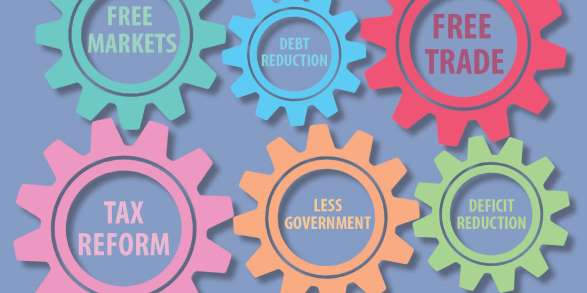free trade
Cape Town Studios—a great example of how cooperation in an industry pulls people half way around the world to collaborate.
Years ago when I lived in Victoria and manned a small office, a salesman wandered in and tried to sell me his particular photocopier. He noted my current machine was Japanese but his was Canadian. So obviously, I should support Canadian jobs and lease his made-in-Canada brand instead.
The pre-Christmas announcement by President Obama that the United States would re-establish diplomatic relations with Cuba will reignite a number of debates. One will be about the cause of Cuban poverty over the past 56 years.
Back in Canada’s pre-Confederation days, one selling point for uniting the then-disparate British provinces was to drop existing barriers to commerce. The hope was for a country with a free-flow of trade and services in which all could potentially prosper.
If Canadians need a reason to support the just-announced free trade agreement with South Korea, here are a few hundred million: every year, Canadians pay hundreds of millions of dollars in hidden taxes on imported automobiles and auto-related products. At least some of those hidden taxes are in the form of tariffs applied to imports from South Korea.
The recent announcement of an agreement in principle on the free trade deal between Canada and the European Union is no doubt a positive development for the Canadian economy and ultimately Canadian incomes and standards of living. Part of the agreement getting some misinformed attention however pertains to improvements in Canadian protections of pharmaceutical innovator intellectual property.
There is no doubt that completion of negotiations for the Comprehensive Economic Trade Agreement (CETA), announced in October, is a major economic milestone for Canada. Gains of up to $12 billion a year are impressive and duty-free access for 98 per cent of Canadian goods to a market of 500 million people is a big deal.

